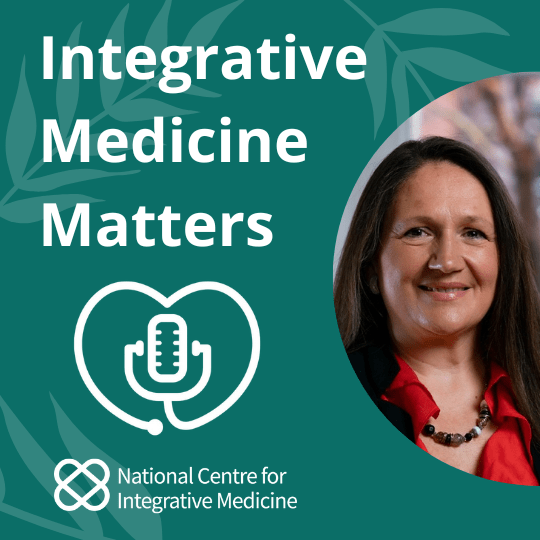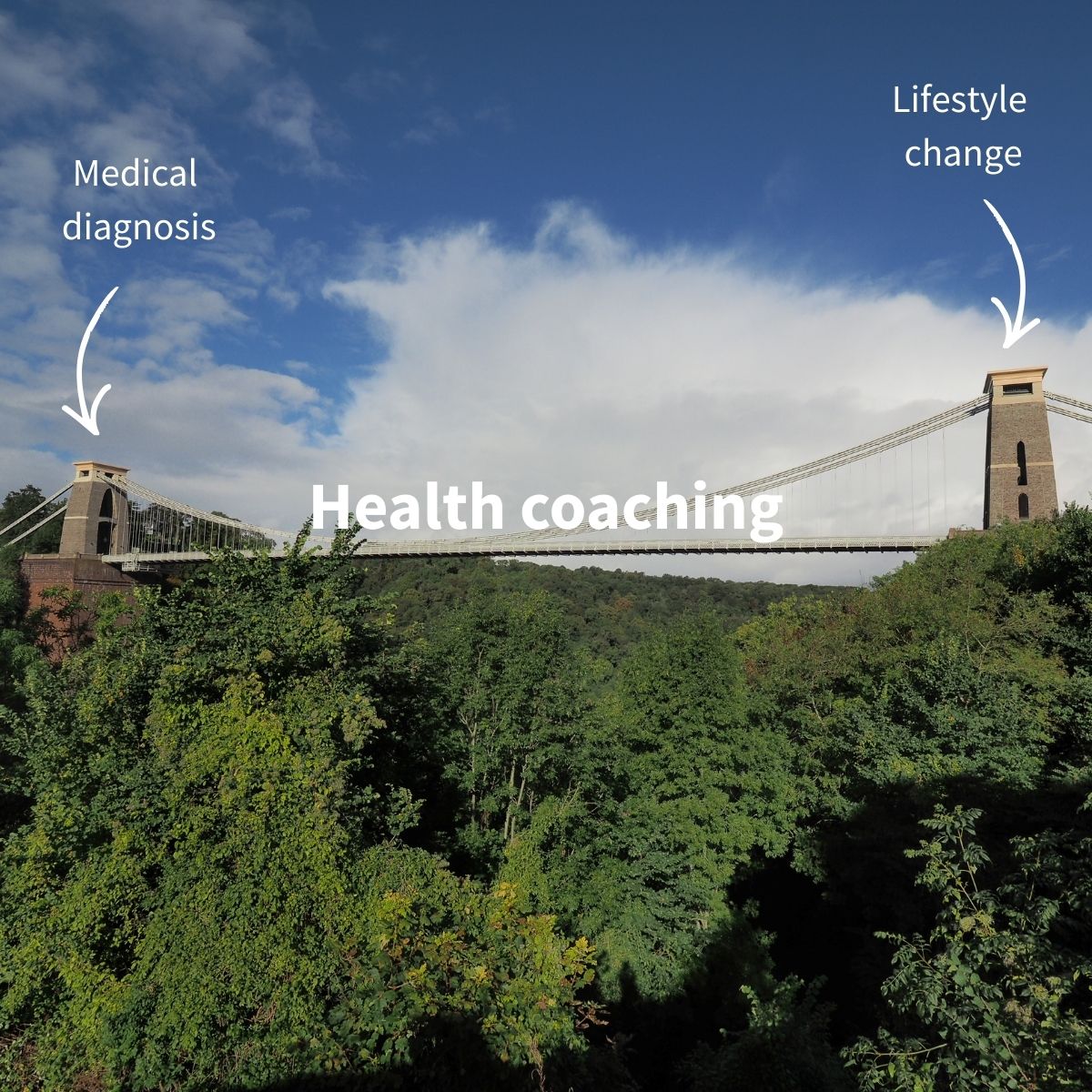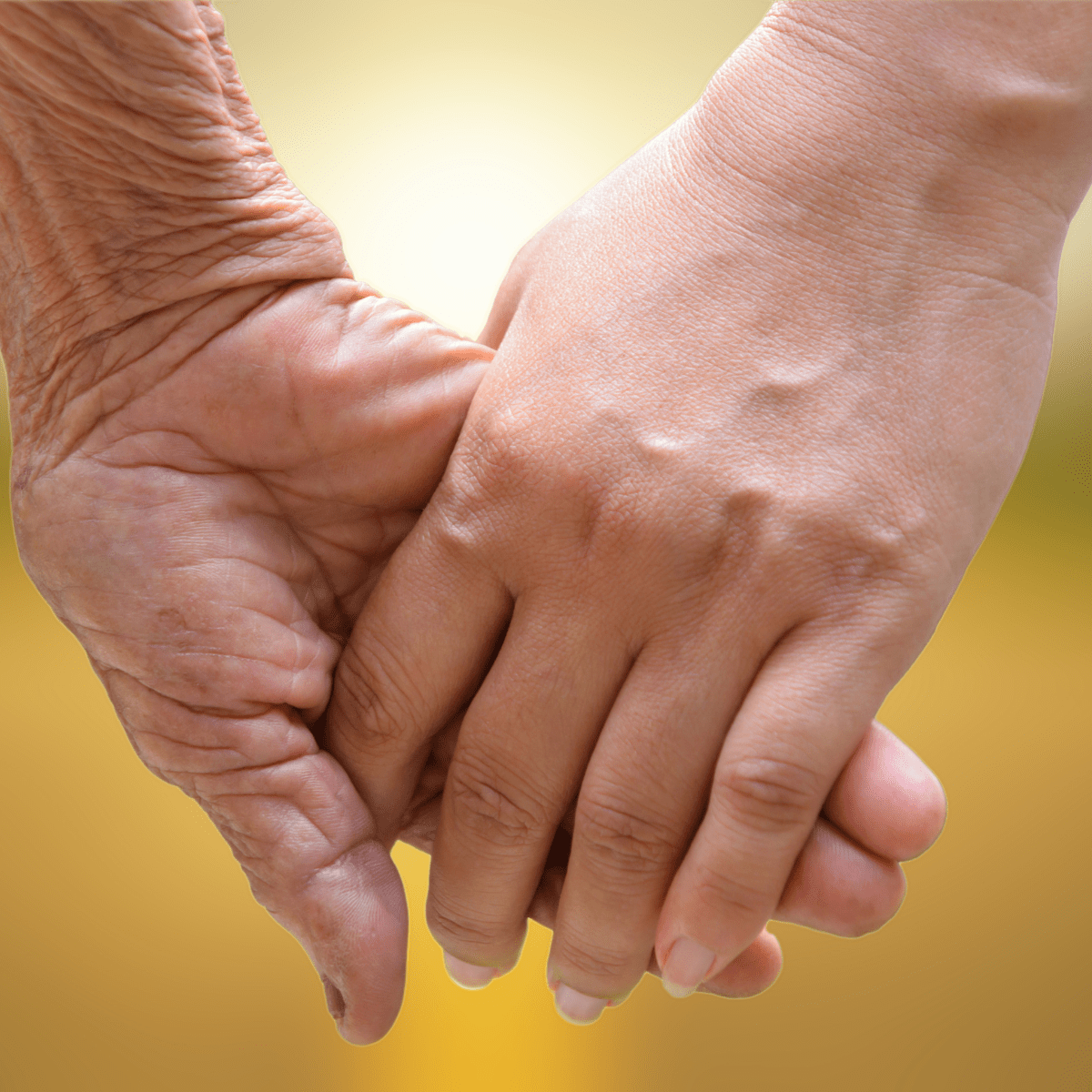Latest from our Blog
What is Integrative Medicine and Integrative Oncology
What is Integrative Medicine and Integrative Oncology Integrative medicine is a whole-person approach to healthcare that combines conventional medical treatment with evidence-informed lifestyle, functional and complementary medicine safely, thoughtfully and in...
Homeopathy, Integrative Medicine and Learning to Think Beyond One System
One of the 19 modalities taught in the NCIM master’s Diploma is homeopathy, which is what first drew me to Integrative Medicine in the first place. The holistic nature of homeopathy means each person is treated as a unique individual and their body, mind, spirit and emotions are all considered in the management and prevention of disease embodying the ethos of Integrative Medicine. Rather than presenting in isolation, the curriculum positions homeopathy within an understanding of individualised medicine, exploring how principles of treating the person rather than the disease align with broader Integrative Healthcare framework. We examine the evidence base, appropriate clinical applications and how homeopathy can complement conventional treatments for certain conditions.
What is Anthroposophical Medicine?
What is Anthroposophical Medicine? What Is Anthroposophical Medicine? A Whole-Person Approach to Health and Healing When medical tests can come back "normal" yet a patient still feels profoundly unwell or 'not right, anthroposophical medicine can offer a...
Why Health Coaching and Integrative Medicine Are the Perfect Partnership
In the landscape of today’s healthcare, we are watching a powerful partnership of two healthcare approaches coming together to support and complement each other’s practice. Integrative Medicine bringing together conventional, lifestyle, functional and holistic approaches, meeting the methodology and practicality of health coaching. Together, I feel like we could be reshaping how we support lasting wellness in the future.
The Medicine Cabinet That Became a Medicine Crisis
With prescription rates climbing 50% over the past decade, the UK sadly now leads Europe in medication dependency, particularly for antidepressants, opioids, and benzodiazepines. Drugs now make up 25% of the NHS’s carbon footprint. And the economic burden is staggering: medication-related harm costs the NHS £2.5 billion annually, while unnecessary prescriptions waste another £300 million. Britain faces an unprecedented over-prescription epidemic that’s undermining patient safety and straining our NHS resources. Quite simply, this is unsustainable, dangerous and cannot continue.
Intermittent Fasting and Metabolic Syndrome in Menopause: A Personal Journey to Metabolic Health
It’s been 3 years since I realised that I was developing metabolic syndrome and its been tougher than I imagined to make changes. It’s been a five point plan which has worked for me of exercise, intermittent fasting, 5 day prolonged fasts, dropping carbohydrates to a lightweight keto diet and mindfulness to help me stay centred at times where making changes might feel like too much.
Celebrating the End of Season One Integrative Medicine Matters Podcast
Celebrating the End of Season One Integrative Medicine Matters Podcast As Season One of my podcast Integrative Medicine Matters draws to a close, I wanted to reflect on my journey as a new podcaster! From exploring the healing power of nature, to rethinking...
Stress, Rest and the Science of Resilience
Stress, Rest and the Science of Resilience We often treat stress and rest as complete opposites. We try to power through one and try to squeeze in the other when we can! But resilience science reveals that they're actually partners and need to be thought of...
Integrative Veterinary Medicine for Pets
Integrative Veterinary Medicine for Pets Integrative Veterinary Medicine: A Holistic Approach to Pet Health Vicky Simon is an integrative veterinary practitioner helping pet owners rethink how they support the long-term wellbeing of their animals. Drawing on...
Prescribing Nature: The Quiet Revolution Growing in Our Health System
Throughout human history, the connection between nature and health has been central to both our wellbeing and to human development. Nature-based practices within health and social care such as ecotherapy and forest bathing are flourishing which has led to the emergence of the term “Green Care” – an umbrella term used for the many ways in which nature can be integrated into healthcare. As a result, when designing our master’s programme in Integrative Healthcare, we decided to make ‘Green Care’ one of the 19 essential integrative approaches we teach.
Loneliness and the Power of Human Connection
Let’s talk about the ‘silent’ killers of loneliness and social disconnection. It’s so easy to think of loneliness as a purely emotional, but growing evidence suggests that feeling lonely isn’t just a psychological burden, it’s a serious health risk.
Integrating Experience: Supporting Older Employees in the Workplace
I’d love to celebrate one of our most recent community projects, one I am particularly proud of. With generous funding by St Monica’s Trust Charitable Foundation, Thrive 55 has been designed by us to help organisations break down the barriers faced by employees aged 55 and over in the workplace and support them through these challenges.













